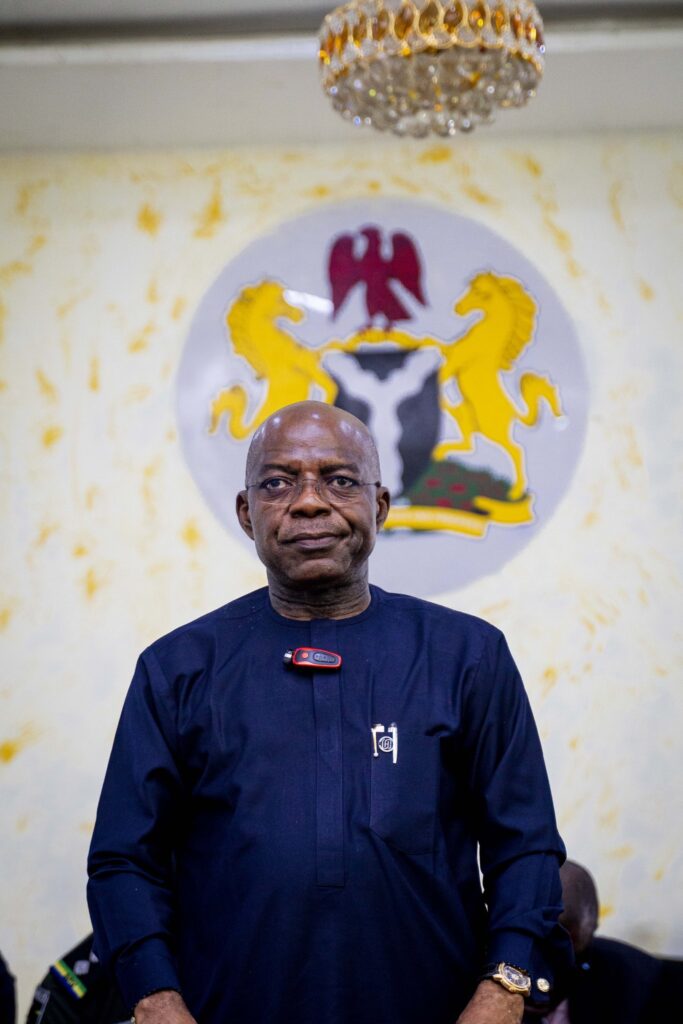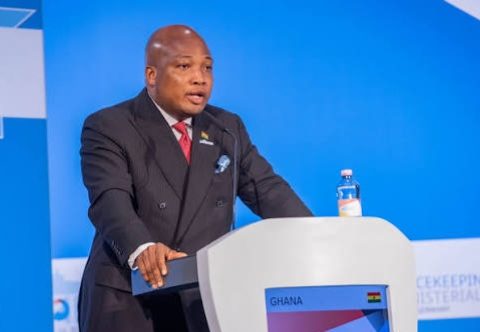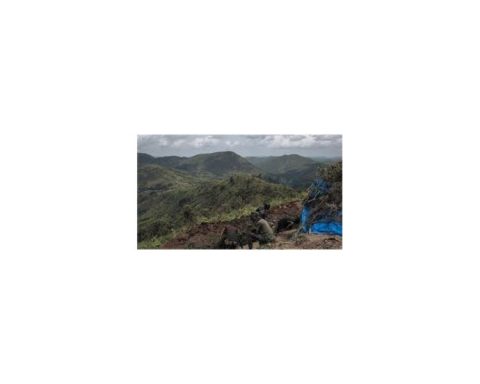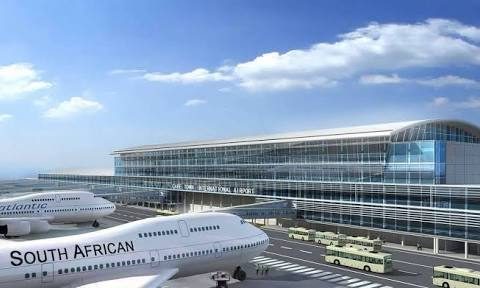Interest rates on bonds are five times those on World Bank loans
African countries to pay US$56 billion more on debt raised on capital markets from 2017 to 2021
Cost of finance is fueling growing debt crisis with 36 countries at substantial risk of debt distress
G20 leaders urged to act urgently to increase access to affordable capital
New analysis from The ONE Campaign shows that the combination of rising interest rates and lack of sufficient affordable capital from the World Bank is increasing economic pressures on vulnerable countries already at high risk of debt distress.
Join our WhatsApp ChannelONE’s research shows that borrowing from capital markets is costing African countries 500% what they would pay if sufficient capital was available from the World Bank. This could result in African countries paying an additional $56 billion in repayment costs on new debt raised between 2017 and 2021. With 36 low-income countries already at high risk of debt distress, this affordable capital crisis means that a growing number of low- and low-middle income countries will be unable to turn crisis hit economies around, invest in vital services such as health and education, or respond to the climate crisis.
READ ALSO: Global Community Steps Up With $93 Billion Support Package To Boost Poorest Countries
ONE’s analysis also shows that lack of affordable capital will impact the whole world. Africa alone possesses vast renewable energy resources and carbon capture potential that could fuel its economic growth and transform global efforts to tackle climate change, but this potential cannot be realized without access to affordable capital.
Gayle Smith, Chief Executive of The ONE Campaign, said: “It makes neither political nor economic sense that low- and low-middle income countries are being forced to pay premium prices for capital at the very moment they are trying to recover from the pandemic, deal with the fallout from Russia’s invasion of Ukraine, and respond to the growing threat from climate change.
“It’s even more stunning to consider that solutions are at hand, if the world’s wealthy and most powerful countries choose to pursue them – solutions that would enable developing economies to recover and grow and would also deliver big-time to a global green energy future.”
As leaders of the G20 travel to Delhi for a vital summit this week, ONE is calling on them to implement the recommendations of their own independent experts group, accelerate efforts to reform the World Bank and triple the volume of affordable investment available to low- and low-middle income countries.
Smith continued: “The G20 says of itself that it ‘is the premier forum for international economic cooperation. It plays an important role in shaping and strengthening global architecture and governance on all major international economic issues.’ That’s a pretty bold mandate. It’s time for G20 leaders to step up and lead, and shape the global architecture and governance on the major issues of the day to serve, indeed, the entire globe.”
ONE’s new research paper can be found here (Password: interest-cost-preview).
PBA Reporter
- PBA Reporter
- PBA Reporter
- PBA Reporter
- PBA Reporter
- PBA Reporter
- PBA Reporter
- PBA Reporter
- PBA Reporter
- PBA Reporter
- PBA Reporter
- PBA Reporter
- PBA Reporter
- PBA Reporter
- PBA Reporter
- PBA Reporter
- PBA Reporter
- PBA Reporter
- PBA Reporter
- PBA Reporter
- PBA Reporter
- PBA Reporter
- PBA Reporter
- PBA Reporter
- PBA Reporter
- PBA Reporter
- PBA Reporter
- PBA Reporter
- PBA Reporter
- PBA Reporter
- PBA Reporter
- PBA Reporter
- PBA Reporter
- PBA Reporter
- PBA Reporter













